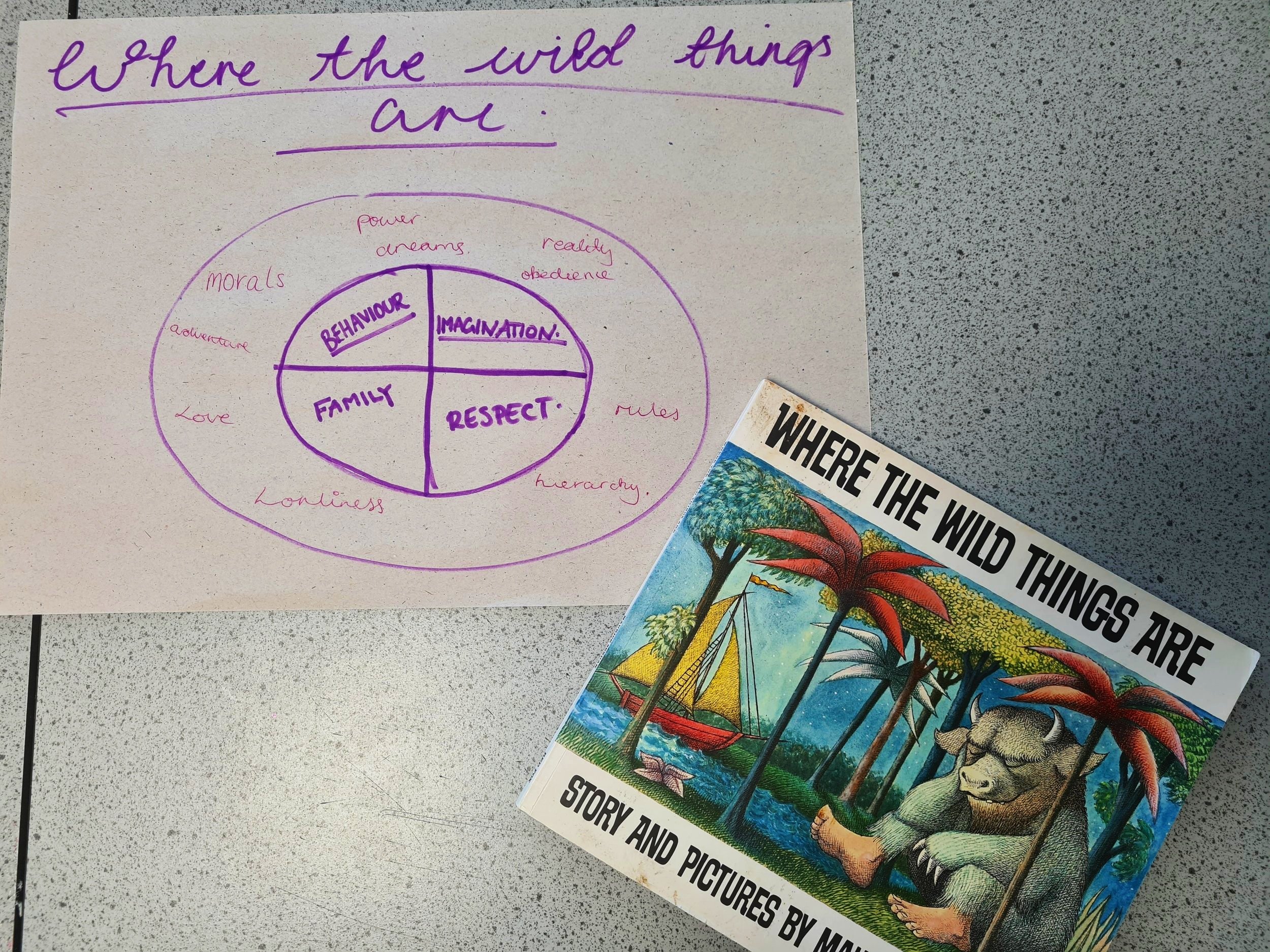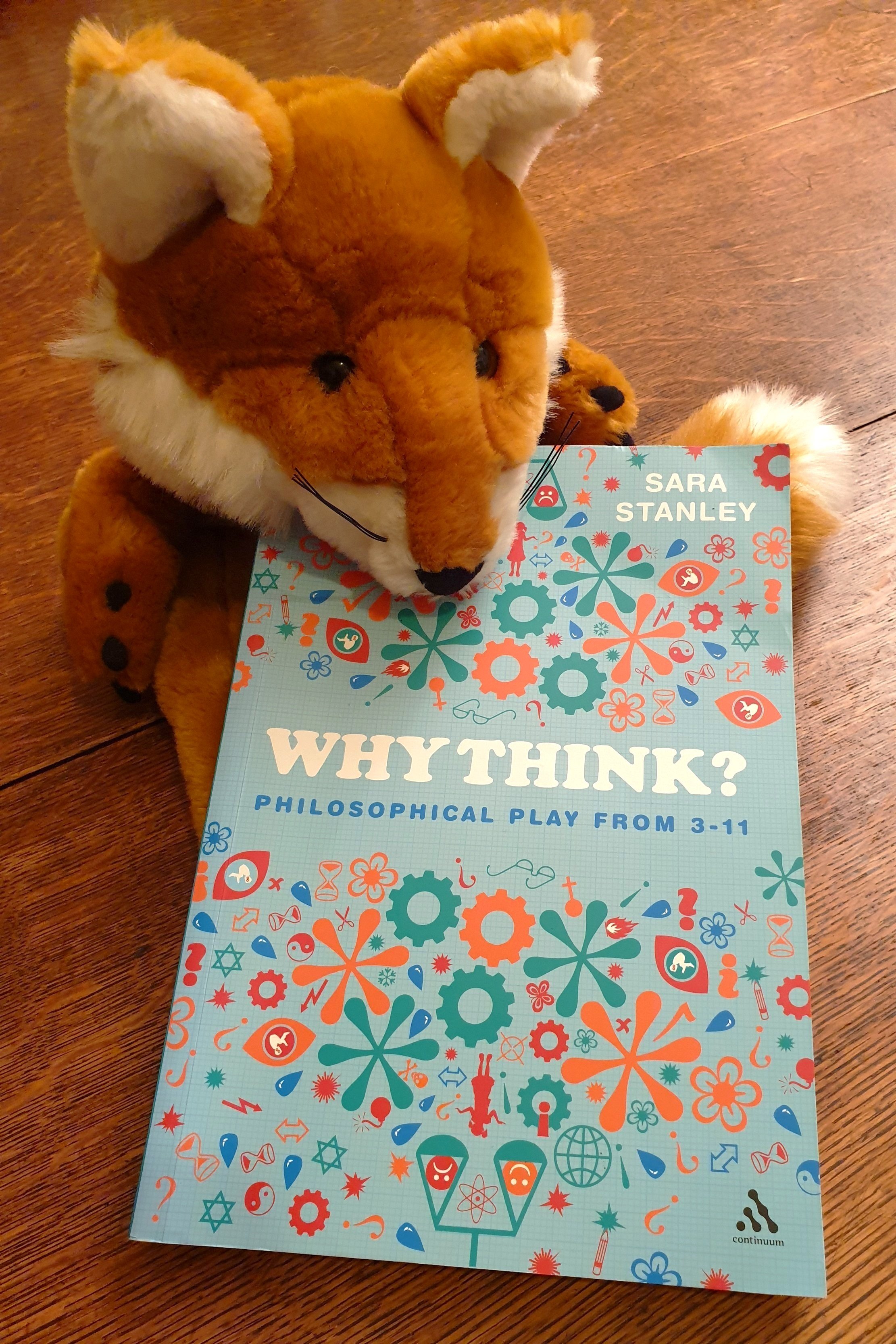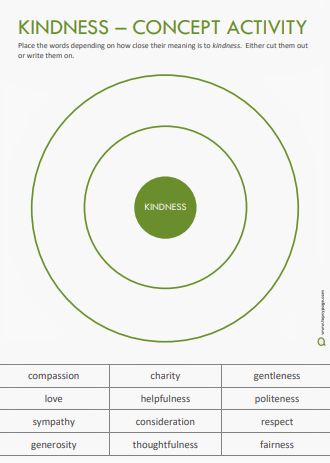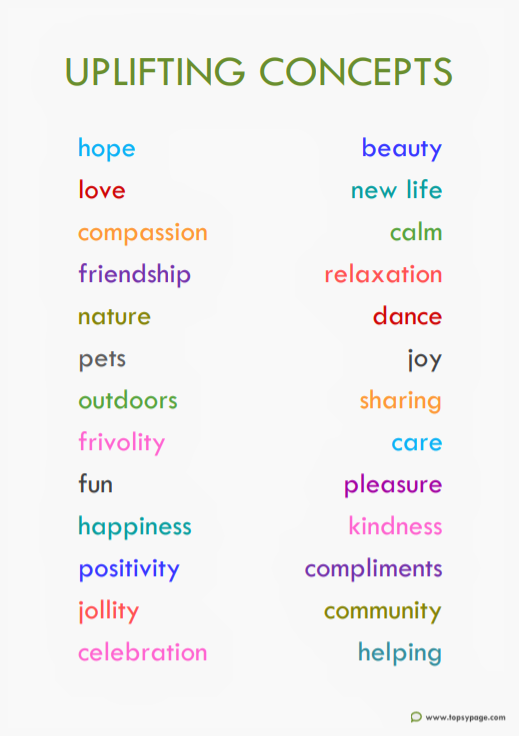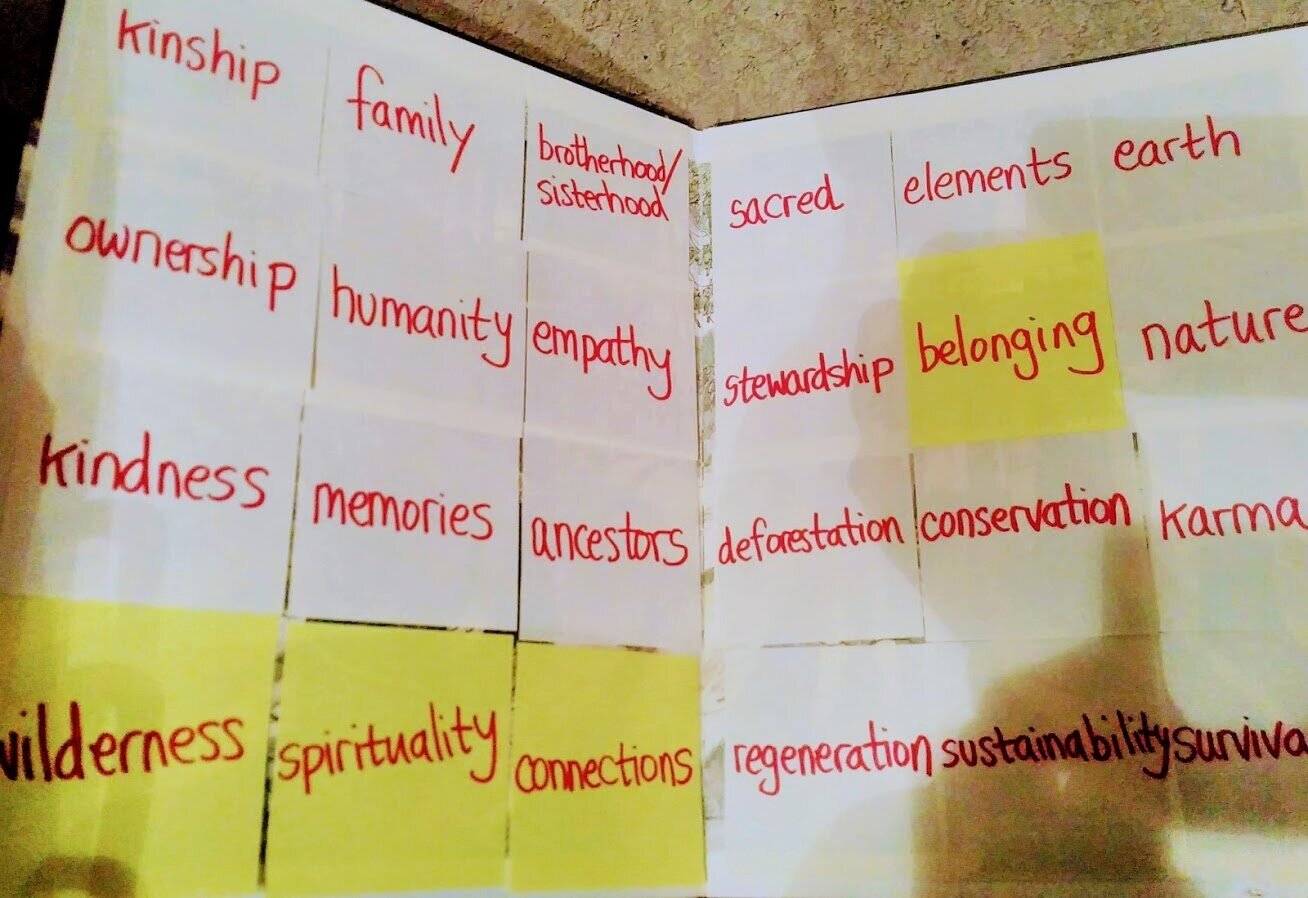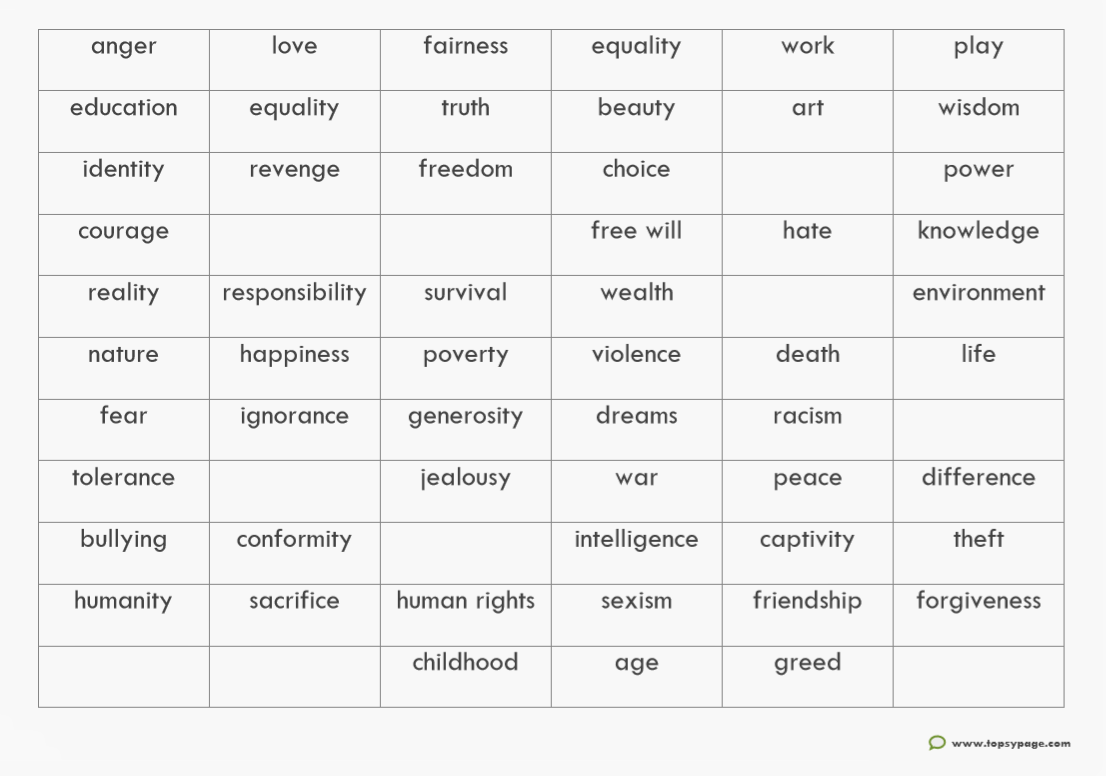My colleague Steve Williams gives great advice about getting children to think philosophically; he suggests that we ask them often, What is interesting or important?

For example:
What did you think was interesting or important in that story?
What do you think is interesting or important about this painting?
What do you think was interesting or important in what people have said so far?
This simple facilitation move not only shows pupils that you are interested in what they think, it also encourages them to listen to others.
For example, if you read them Frog and Toad – Dragons and Giants (from Frog and Toad Together by Arnold Lobel, 1972) and then ask what they thought was interesting or important, they’ll say things like
Jake: They wanted to be brave.
Amaya: They said they were brave, but they hid in the cupboard!
Lila: They were scared really.
You can then ask them follow-on questions such as
Jake, you said they wanted to be brave – why did they want to be brave?
Is it good to be brave?
Should we always be brave?
Are these examples of adventure, bravery, or both?
Packed with example discussion scenarios, this book will help you raise your facilitation game
Full of practical ideas and lovely examples of children’s words; I recommend this book
Get students to think and talk about new words in the context of what they are learning
Help your pupils explore the 2021 theme, One Kind Word
A list of positive ideas including compassion, hope, and celebration - for use in P4C or circle time
Try using a well-known story such as Goldilocks and the Three Bears as a stimulus for classroom talk or P4C
A professional development opportunity for P4C leads and teachers on Thursday 24th September
A simple way to help learners structure their talk, thinking and note-taking.
A way to explore the key concepts in a stimulus and enable children to practice building on others’ ideas.
One aspect of P4C which often gets missed is to identify the key concept in a question and then stretch it or explore it more to deepen understanding.


